Busia Senator Okiya Omtatah announced that Majority Leader Kimani Ichung’wah has written to Speaker Moses Wetangula to withdraw the Land Laws Amendment Bill (2023).
This decision follows intense pressure from Generation Z, who have been vocal about their dissatisfaction with President William Ruto’s government and its policies.
Omtatah’s acknowledgment of this generational activism underscores the pivotal role young people play in challenging perceived bad governance and punitive measures.
Generation Z’s activism has been a driving force in the political arena, questioning policies they deem unjust.
Their vocal opposition to the Land Laws Amendment Bill culminated in its withdrawal, marking a significant victory for youth-led advocacy.
Omtatah pondered whether this pressure will increase or decrease in the aftermath of this political success, highlighting the ongoing struggle for justice and equitable governance.
In his address, Omtatah referenced the Bible, quoting Isaiah 10:1-4 to underscore his point about unjust laws and oppressive decrees.
The passage speaks of woe to those who create such laws, depriving the poor of their rights and withholding justice from the oppressed.
Omtatah’s use of this scripture emphasized the moral and ethical issues surrounding the controversial bill.
“Woe to those who make unjust laws, to those who issue oppressive decrees, to deprive the poor of their rights and withhold justice from the oppressed of my people, making widows their prey and robbing the fatherless,” he quoted. Omtatah’s invocation of this scripture served as a stark reminder of the moral imperatives that should guide legislative processes and the severe consequences of failing to uphold justice.
Omtatah warned of a day of reckoning for those who support oppressive laws, asking, “What will you do on the day of reckoning, when disaster comes from afar? To whom will you run for help? Where will you leave your riches?” This rhetorical question challenged policymakers to reflect on the long-term impacts of their decisions and the ethical ramifications of their actions.
He concluded with a grim reminder that despite the withdrawal of the bill, the struggle for justice continues. “Nothing will remain but to cringe among the captives or fall among the slain.
Yet for all this, his anger is not turned away, his hand is still upraised,” he said.
Omtatah’s closing remarks emphasized that while the withdrawal of the bill is a victory, it is not the end of the fight for fair governance.
The withdrawal of the Land Laws Amendment Bill (2023) marks a significant moment in Kenyan politics, showcasing the power of Generation Z in advocating for change.
Their persistent pressure and unwavering activism led to this political concession, demonstrating their influence in shaping the nation’s political landscape.
The question now is whether this momentum will continue and how it will shape future governance.
Omtatah’s remarks highlight the importance of youth engagement in politics. Generation Z’s ability to mobilize, advocate, and effect change is a testament to their commitment to a more just and equitable society.
As they continue to challenge unjust policies and demand accountability, their role in Kenya’s political future becomes increasingly significant.
The withdrawal of the controversial bill is a victory for the younger generation, but it also serves as a reminder that the struggle for justice and good governance is ongoing.







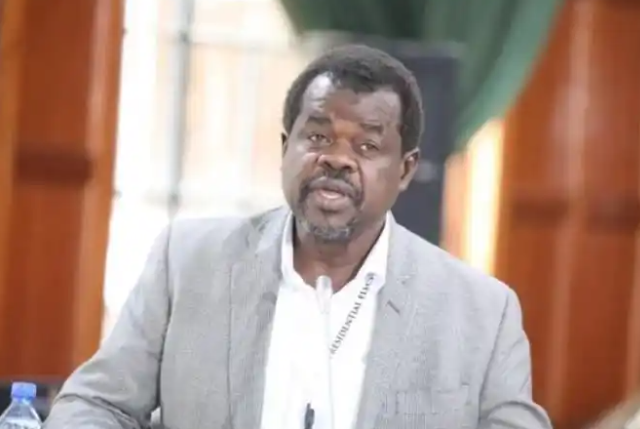


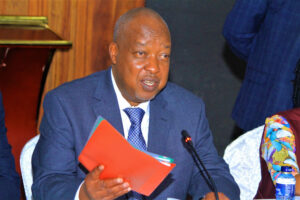

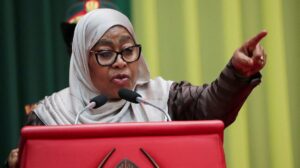
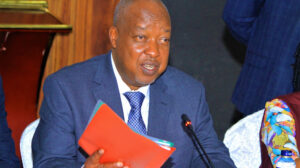



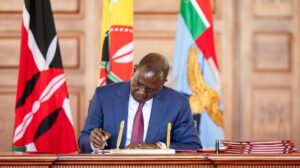



Add Comment